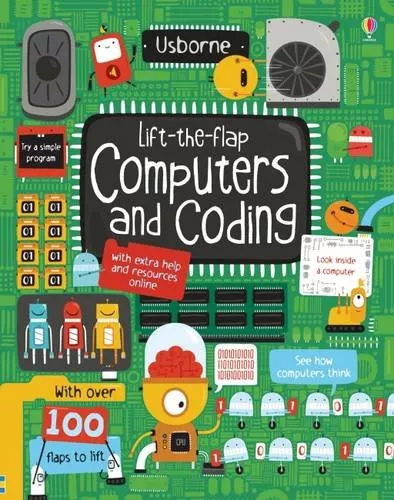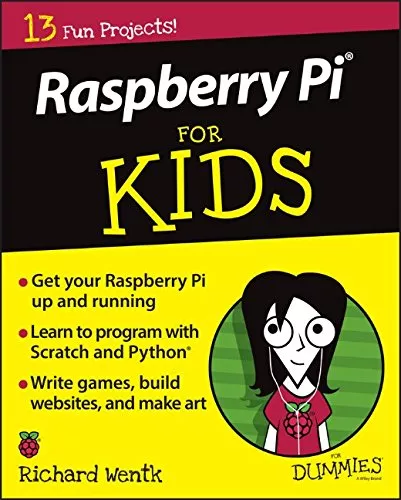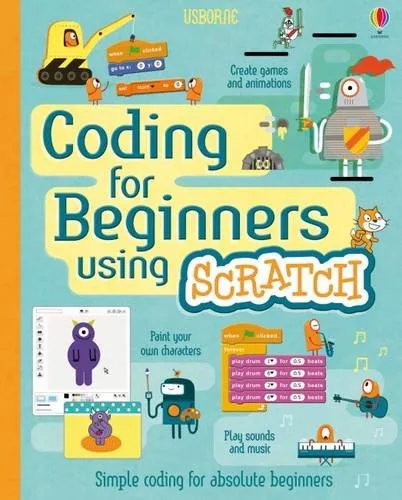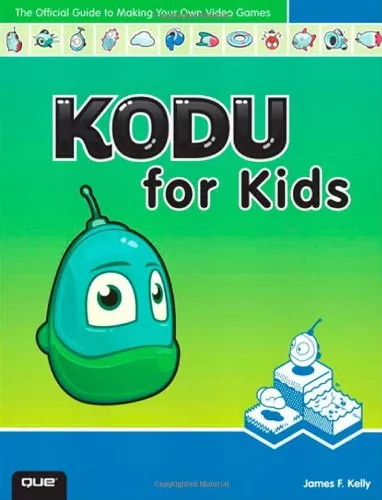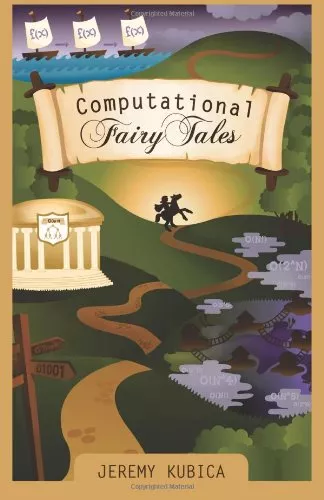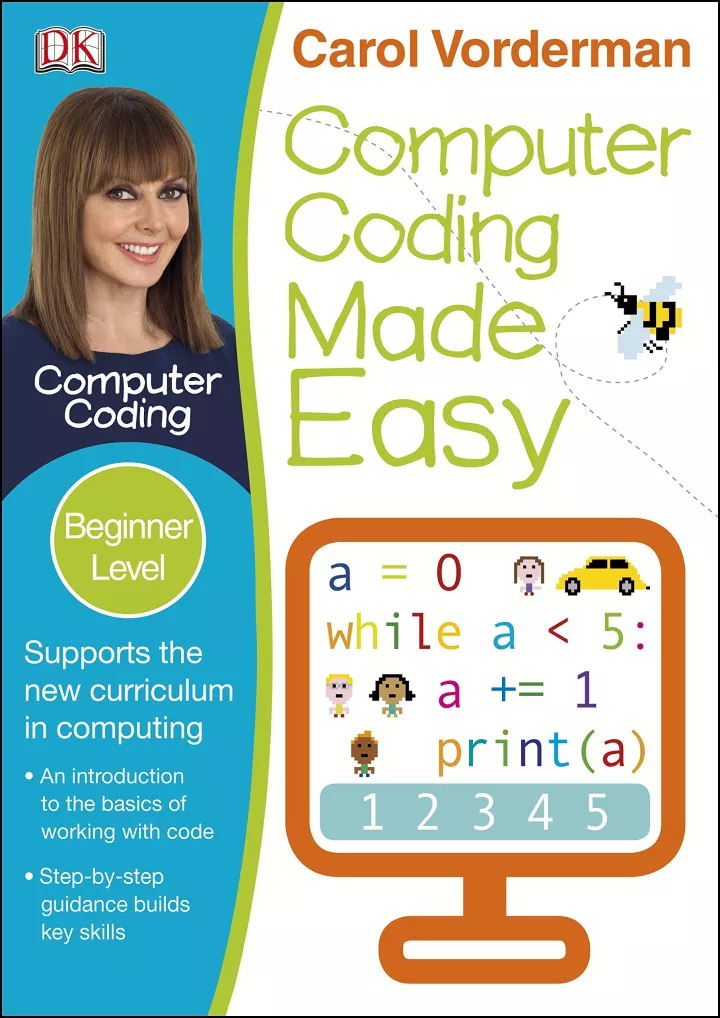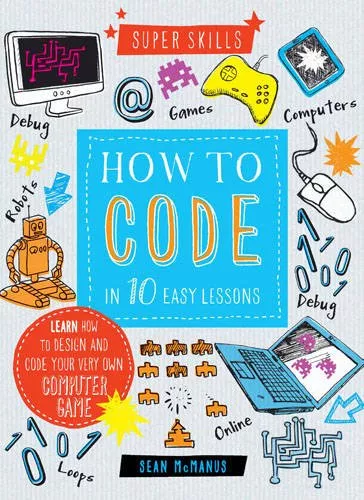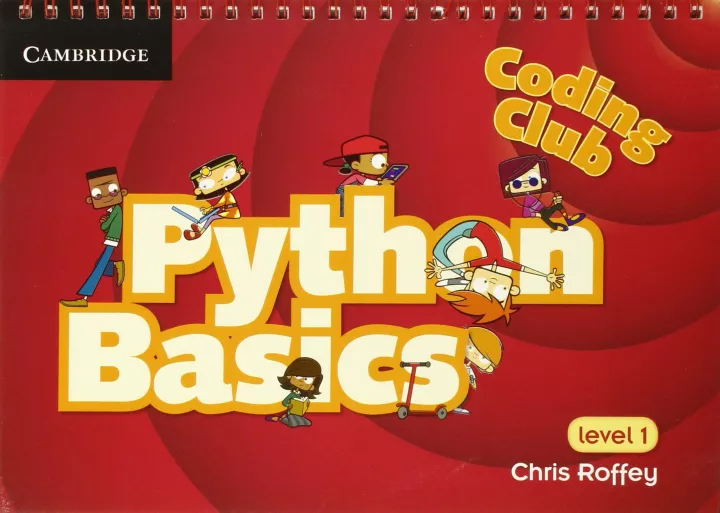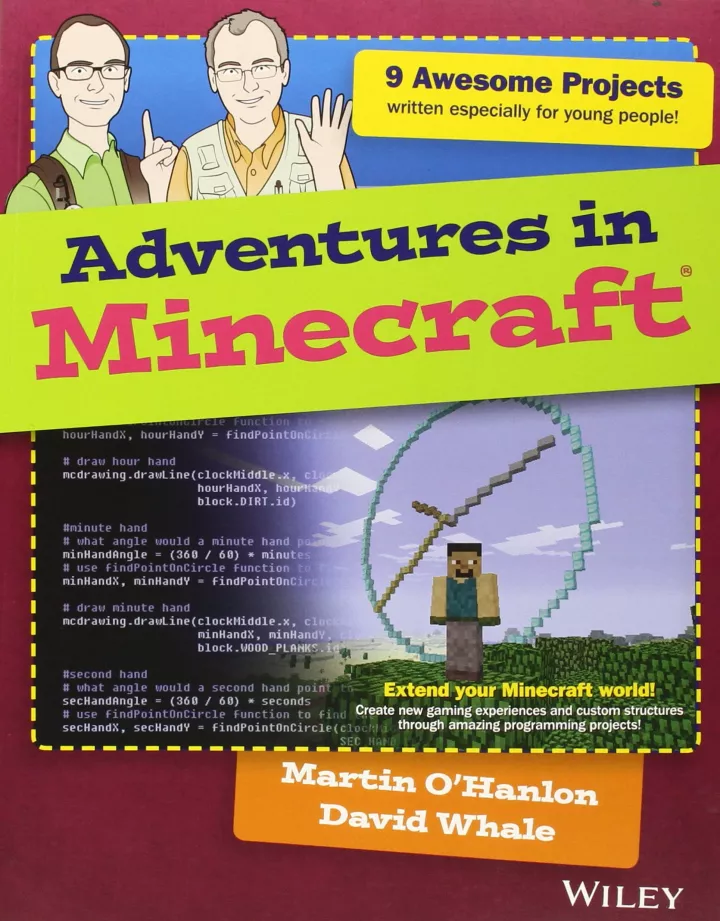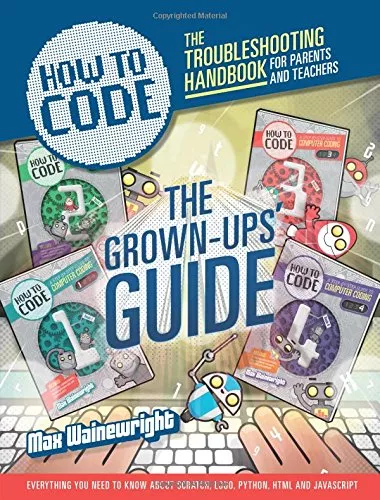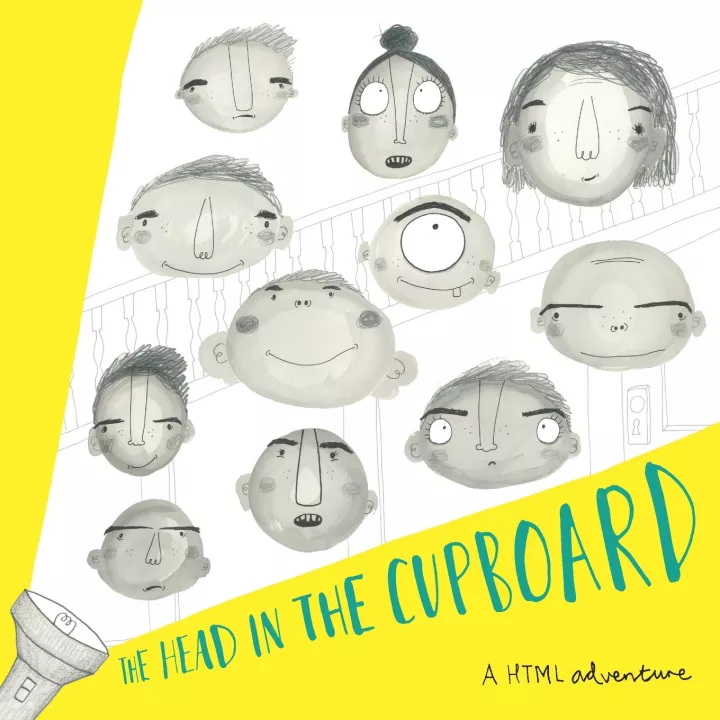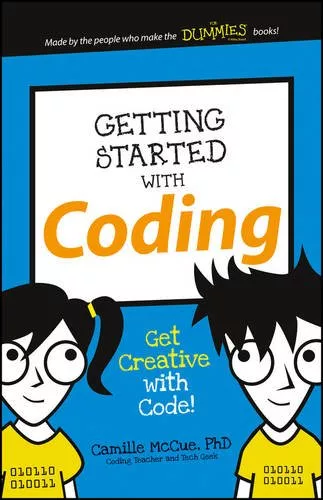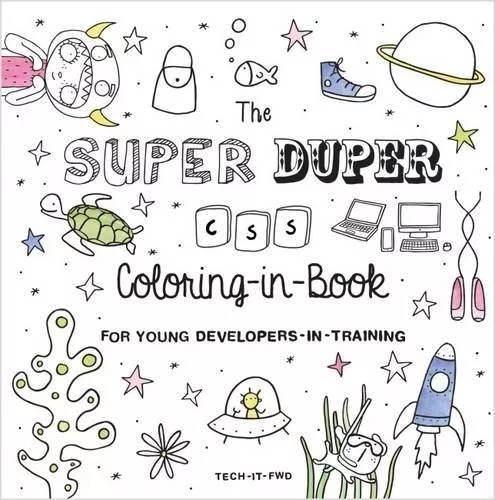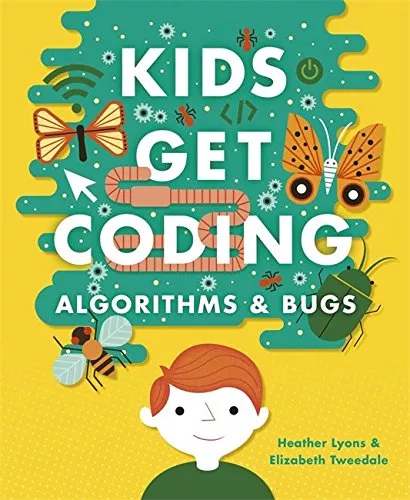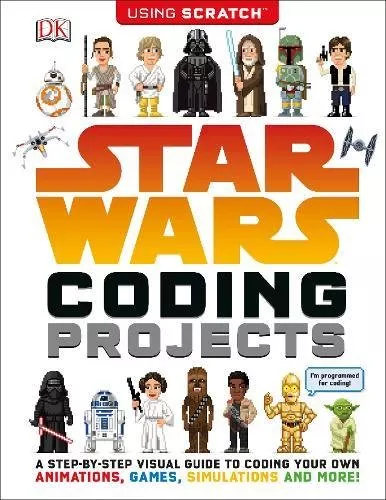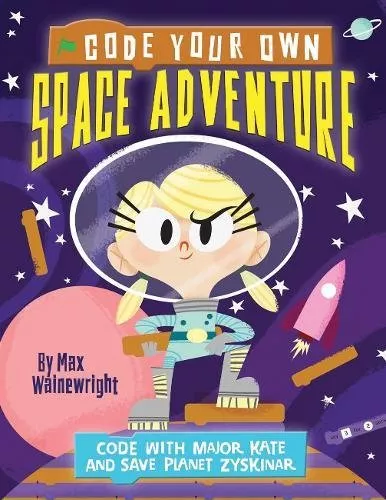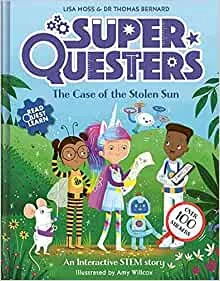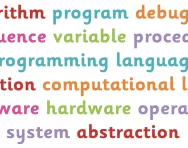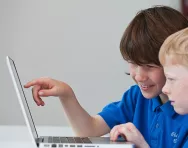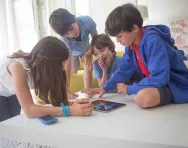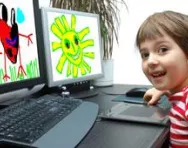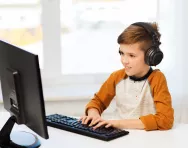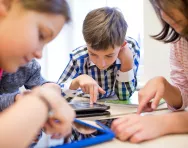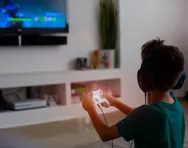Important update from TheSchoolRun
For the past 13 years, TheSchoolRun has been run by a small team of mums working from home, dedicated to providing quality educational resources to primary school parents. Unfortunately, rising supplier costs and falling revenue have made it impossible for us to continue operating, and we’ve had to make the difficult decision to close. The good news: We’ve arranged for another educational provider to take over many of our resources. These will be hosted on a new portal, where the content will be updated and expanded to support your child’s learning.
What this means for subscribers:
- Your subscription is still active, and for now, you can keep using the website as normal — just log in with your usual details to access all our articles and resources*.
- In a few months, all resources will move to the new portal. You’ll continue to have access there until your subscription ends. We’ll send you full details nearer the time.
- As a thank you for your support, we’ll also be sending you 16 primary school eBooks (worth £108.84) to download and keep.
A few changes to be aware of:
- The Learning Journey weekly email has ended, but your child’s plan will still be updated on your dashboard each Monday. Just log in to see the recommended worksheets.
- The 11+ weekly emails have now ended. We sent you all the remaining emails in the series at the end of March — please check your inbox (and spam folder) if you haven’t seen them. You can also follow the full programme here: 11+ Learning Journey.
If you have any questions, please contact us at [email protected]. Thank you for being part of our journey it’s been a privilege to support your family’s learning.
*If you need to reset your password, it will still work as usual. Please check your spam folder if the reset email doesn’t appear in your inbox.
Best children's books about coding
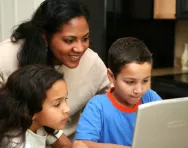
Lift-the-flap Computers and Coding
(£9.99, Usborne)
Introduce your child to a vital subject the fun, (old school) interactive way with this colourful lift-the-flap guide to computers and the basics of coding. Hardware, software and computational thinking are all covered, with games and activities included to show your child how computers "think". Perfect for children aged 7+ (and their parents and grandparents!).
Raspberry Pi for kids
by Richard Wentk (£21.99, Wiley)
A new owner's guide to the Raspberry Pi, this manual teaches kids how to get started with game coding in Scratch and Python, draw graphics, play music and use the Pi to make a webcam or web thermometer. For Minecraft enthusiasts there's also a section on how to use Python to build amazing scenes in Minecraft. For tech-savvy Pi pros!
Coding for Beginners Using Scratch
(£12.99, Usborne)
A great introduction to Scratch – a popular primary-school coding program – for absolute beginners, this detailed but accessible guide covers all the basics and will have your child writing simple scripts and games in a matter of minutes. Step-by-step instructions to building a band, creating a virtual pet, coding a racing car game and more are all included.
Kodu for Kids: The Official Guide to Creating Your Own Video Games
(£18.99, QUE)
Kodu is Microsoft's simple visual programming language, which lets kids create games for free on a PC or XBox. This manual is a comprehensive guide, with lots of explanatory screenshots and step-by-step instructions for creating various projects, from digital aquariums to games.
Computational fairy tales
(£6.39, CreateSpace Independent Publishing)
An original, fascinating way to present computational thinking, with added dragons and wizards! Computational Fairy Tales introduces computer science concepts through a fairy tale. The story is quite traditional: a princess must fight to save her kingdom and face goblins, magic and oracles. Her quest requires her to build up her computational knowledge and fight back with the basics of programming. An enjoyable, enlightening guide to variables, if / else statements, algorithms, loops, binary code and more.
Computer Coding Made Easy by Carol Vorderman
(£3.99, Dorling Kindersley)
A coding workbook with lots of paper-based activities to teach logical thinking. A good starting point for complete beginners or if you're not very technically confident; the workbook also has the advantage of being portable and not requiring a computer screen! Mirrors the primary computing curriculum.
How to Code in 10 easy lessons by Sean McManus
(£8.99, QED Publishing)
A great option for KS2 kids who've already looked at Scratch in class or at home and want to brush up on their skills. The book is organised into ten "lessons" and covers basic HTML and CSS as well as Scratch.
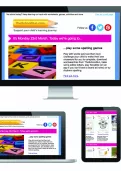
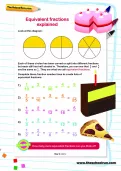
Start your child on a learning programme today!
- Weekly English, maths & science worksheets direct to your inbox
- Follows the National Curriculum
- Keeps your child's learning on track
Python Basics, Level 1 (Coding Club)
by Chris Roffey (£6.95, Cambridge University Press)
A good introduction to coding and to Python 3 that children will be able to work through themselves. The challenges (like learning to code a Magic8Ball and an Etch A Sketch® game) and quizzes make learning fast-paced and interactive and a companion web site offers the full source code for all the projects as well as extra help for readers.
Adventures in Minecraft by John Farndon and Rob Beattie
(£9.99, QED Publishing)
Once they've mastered Scratch, give your budding coder a real challenge applying their Python skills to Minecraft coding. Written by self-confessed professional Minecraft geeks, this is the book for anyone who wants to add their own mods, run a local Minecraft server and interact with the game on PC, Mac, and Raspberry Pi. It's all quite technical, so the book is most suitable for children aged 10+ or to be used with a (knowledgeable and tech-confident!) parent's support.
How to Code Books 1-4 and How to Code: The troubleshooting handbook for parents and teachers
(£12.99 each, QED Publishing)
A brilliant coding series for kids with a complementary handbook for parents and teachers. The children's books are packed with practical tasks, simple explanations and fun illustrations, and the adult handbook offers an overview of all the topics taught in books 1 to 4 with extra, parent-friendly technical advice and troubleshooting tips to support learning at home. Recommended.
The HEAD in the Cupboard: an HTML adventure
(£6.99, Tech-it-FWD)
Introduce preschoolers to the language of computers with a programming mini-adventure which explains the building blocks of code in picture-book format. A simple, elegant way to share the basics of coding with older budding programmers (or, er, parents!), too.
Getting started with coding
(£8.99, Wiley)
A step-by-step guide to MicroWorlds EX coding projects, from creating a digital pet to piloting an astronaut through space junk. Modding Minecraft and Making YouTube videos are other books in the series, if your child's tech passion is playing Minecraft mini-games or directing their own movies.
The Super Duper CSS Coloring-in-Book
(£8.99, Tech-it-FWD)
Learn the ABC of the web with this alternative colouring book for young developers. The fill-in, draw-your-own activities make code basics much easier to grasp, and we love the quirky illustrations.
Algorithms and Bugs (Kids Get Coding)
(£11.99, Wayland)
Algorithms are the instructions that tell computers to search, sort and make decisions, and bugs are the mistakes or problems in computer code that stop algorithms working correctly. Find out more in this guide for young programmers and try some hands-on activities too.
Star Wars™ Coding Projects
(£12.99, DK)
A must-read for Force fanatics, this fully-illustrated project book shows kids how to code Star Wars computer projects in Scratch. They'll be able to create a droid sprite, navigate through an asteroid belt and blast though space with a jetpack to escape from the Empire, then use the step-by-step guides to inspire their own animations and games. Suitable for children aged 8 and up.
Code Your Own Space Adventure
(£8.99, QED)
Bright illustrations and detailed, easy-to-follow instructions lead budding game designers step by step through coding a space adventure, from drawing shapes to building up animations. (Create Your Own Pirate Adventure, Jungle Adventure and Knight Adventure are also available if they appeal more than inter-galactic battles!). A perfect primer to new Scratch enthusiasts, the book will be a launching pad for writing their own coded games.
SuperQuesters: The Case of the Stolen Sun
(£6.99 QuestFriendz)
This is a fantastic STEM all-rounder – an interactive story that covers everything from pattern recognition and abstraction to algorithms and mental rotation. Join the SuperQuesters on their journey to help the queen find the stolen sun. You'll go on 8 mini-quests that help develop your coding skills (among many others) with the use of puzzles and stickers. This book is specifically designed to help 4-8 year olds develop STEM skills in a fun and creative way.
